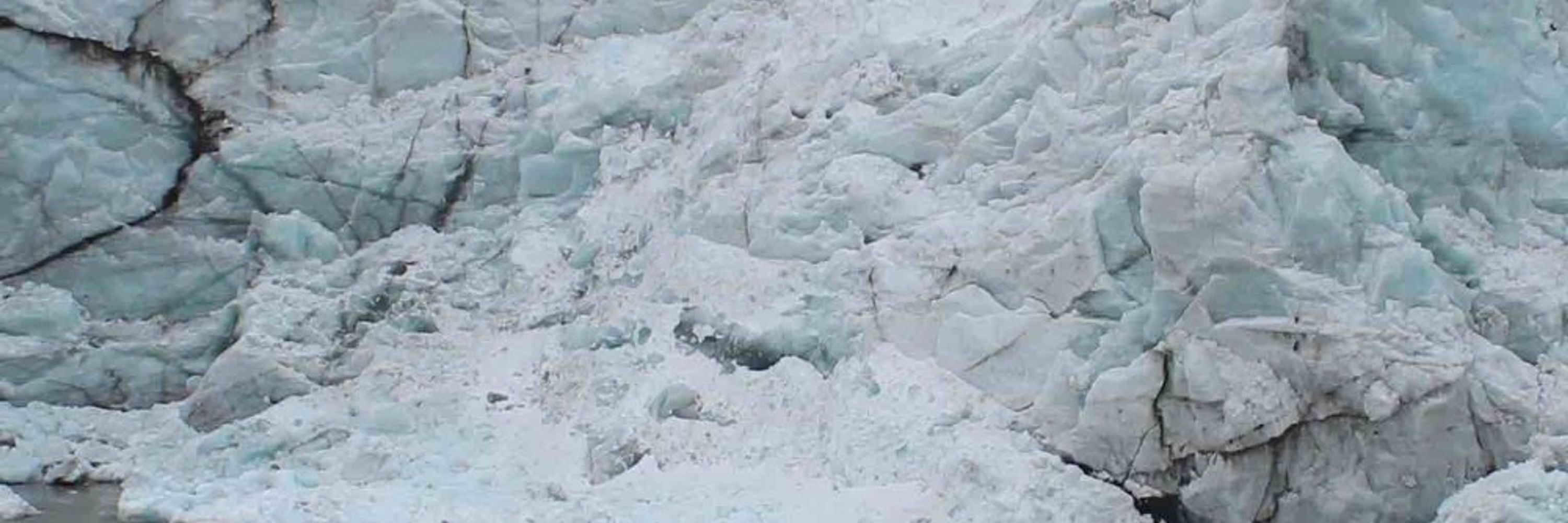Jeremy Bassis
@bassisjeremy.bsky.social
5K followers
370 following
650 posts
University of Michigan Glaciologist interested in climate change, ice sheets, sea level rise and equitable adaptation and mitigation | he/him/his |
Posts
Media
Videos
Starter Packs


